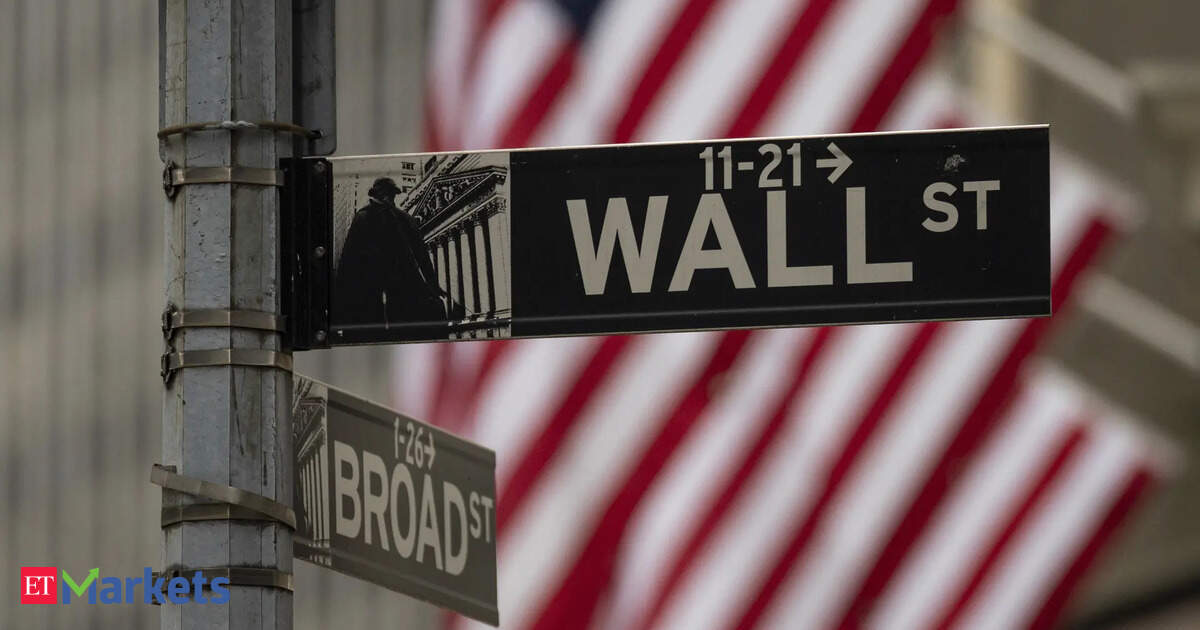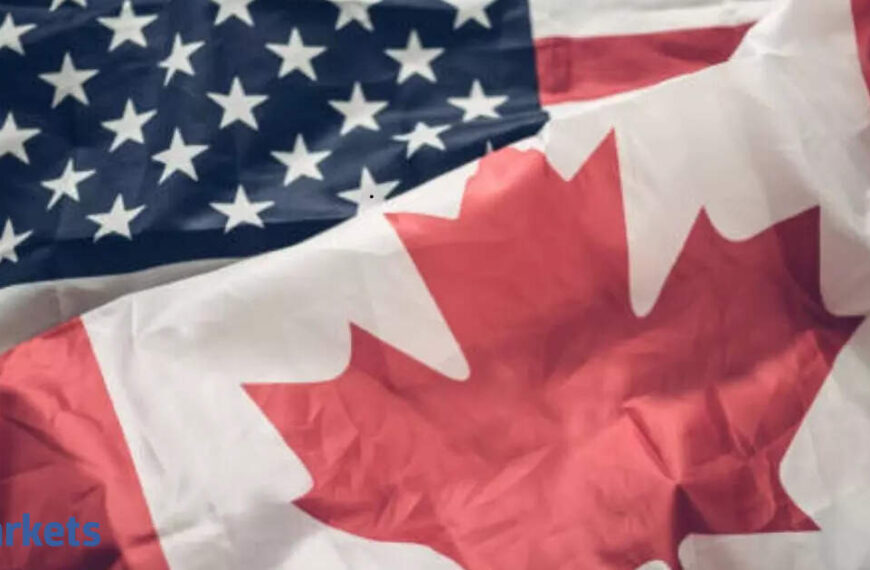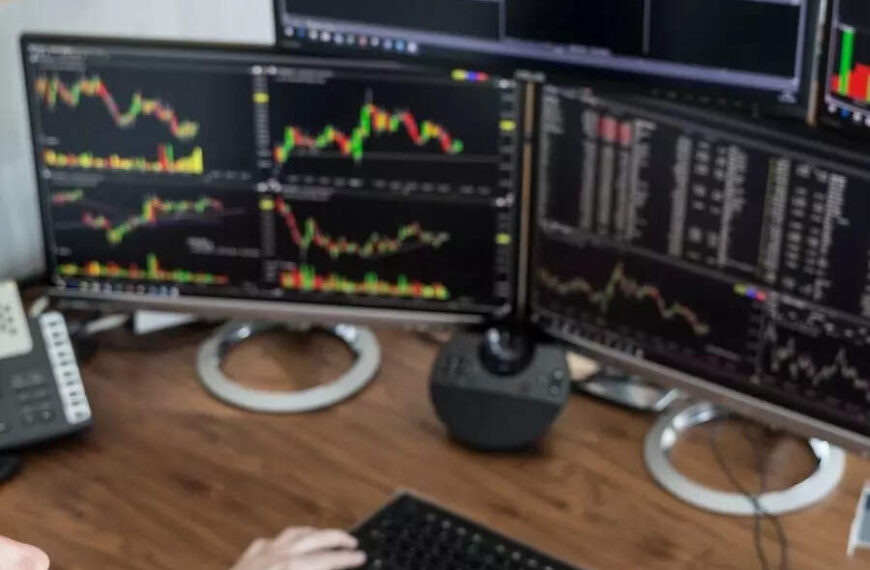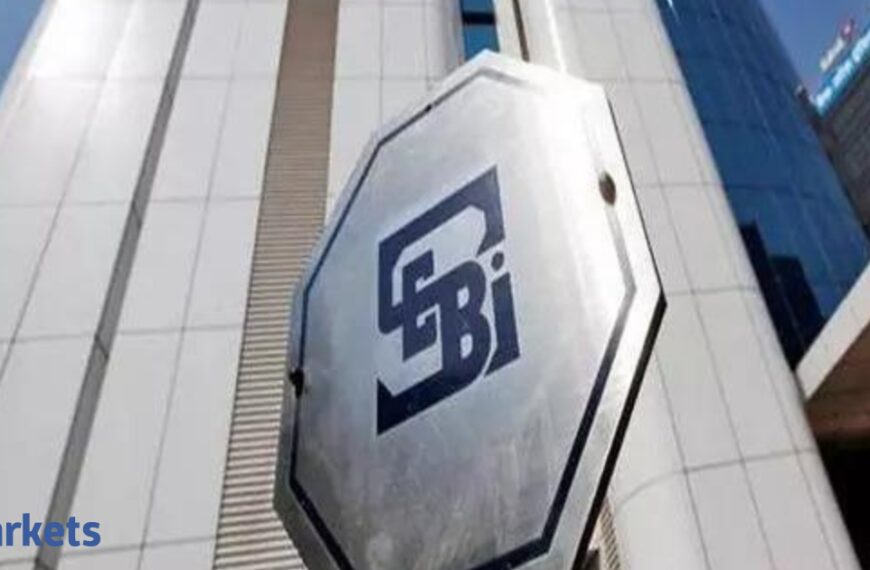The benchmark index rose 0.2% to 6,154.81 points, surpassing the previous peak of 6,147.43 on February 19, while the tech-heavy Nasdaq gained 0.3% to 20,229.31 points, exceeding its record high of 20,204.58 on December 16.
Markets rallied this week as an upbeat forecast from chipmaker Micron brought back investor confidence around artificial intelligence, while AI bellwether Nvidia hit a record high to reclaim its position as the world’s most valuable company.
Risk appetite also benefited from a U.S.-brokered ceasefire to a 12-day air battle between Israel and Iran that sparked a jump in crude prices and raised worries of higher inflation.
Dovish remarks from Federal Reserve policymakers have also aided sentiment.
Trump’s April 2 “reciprocal tariffs” on major trading partners and their chaotic rollout had put the S&P 500 within a striking distance of confirming a bear market when it ended down 19% from its February 19 record closing high.The Nasdaq had tumbled 26.7% from its previous peak, marking a bear market days after Trump’s “Liberation Day” on April 2.Since then, U.S. trade deals with the UK and China have firmed up market expectations for more such agreements on the hopes that a global recession could be avoided.
The S&P 500 has surged more than 23.5% and the Nasdaq about 32% since their recent lowest close on April 8, largely powered by a handful of megacap stocks such as Microsoft, Nvidia, Meta Platforms and Amazon.
If the Nasdaq closes above the December 16 record close at 20,173.89, it would be the end of the bear market and start of a new bull market, according to common definitions.
A bear market is defined as a 20% decline from a record high close, on a closing basis.
Both the Nasdaq and S&P 500 have gained 4.4% this year as of Thursday’s close. The blue-chip Dow has risen about 2% this year and remains about 3.7% below its all-time peak.















